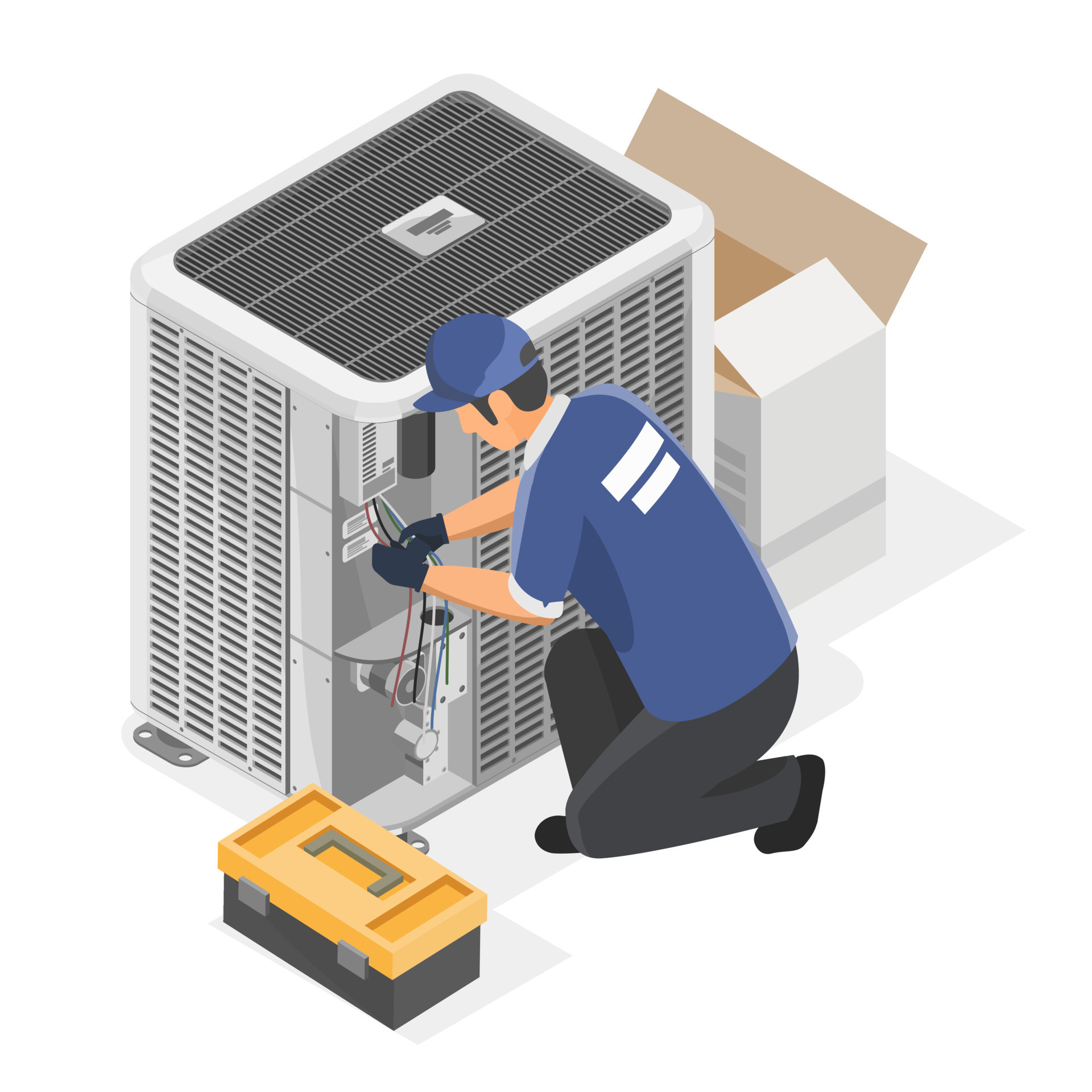
Optimizing Comfort: The Key Elements of Efficient HVAC Installation
Ensuring a comfortable living environment begins with an efficient HVAC (Heating, Ventilation, and Air Conditioning) system. The process of HVAC installation is a crucial step in achieving optimal comfort and energy efficiency in your home. In this article, we’ll explore the key elements of efficient HVAC installation, providing insights into the importance of proper setup and maintenance.
The Foundation: Proper Sizing and Load Calculation
The cornerstone of efficient HVAC installation is proper sizing and load calculation. A system that is too large or too small for the space it serves can lead to performance issues, increased energy consumption, and reduced comfort. HVAC professionals conduct load calculations to determine the heating and cooling requirements of your home, ensuring the system is appropriately sized for optimal efficiency.
Energy-Efficient Equipment Selection
Choosing energy-efficient HVAC equipment is a critical aspect of the installation process. Energy-efficient systems not only lower utility bills but also contribute to environmental sustainability. Look for HVAC units with high Seasonal Energy Efficiency Ratio (SEER) ratings for air conditioners and Heating Seasonal Performance Factor (HSPF) ratings for heat pumps. Additionally, selecting furnaces with high Annual Fuel Utilization Efficiency (AFUE) ratings ensures efficient heating during colder months.
Proper Ductwork Design and Installation
The ductwork is the circulatory system of your HVAC system, delivering conditioned air throughout your home. Proper ductwork design and installation are vital for efficient airflow and temperature distribution. Well-sealed ducts prevent energy wastage and ensure that the treated air reaches its intended destination. HVAC professionals carefully plan and install ductwork to minimize leaks, reducing energy loss and optimizing system performance.
Smart Thermostats for Precision Control
Integrating a smart thermostat into your HVAC system enhances control and energy efficiency. Smart thermostats allow precise temperature adjustments and enable programmable schedules, adapting to your lifestyle. With features like learning capabilities and remote access, these thermostats optimize energy usage, contributing to lower utility costs and increased overall efficiency.
Zoning Systems for Personalized Comfort
Zoning systems provide an innovative solution to customize comfort levels in different areas of your home. By dividing your living space into zones, each with its thermostat control, you can optimize heating and cooling based on usage patterns. This not only improves comfort but also reduces energy consumption by conditioning only the areas that need it at any given time.
Professional Installation: Ensuring Accuracy and Safety
HVAC installation is a complex task that requires professional expertise. Hiring qualified technicians ensures that the equipment is installed accurately, adhering to industry standards and safety regulations. Professional installation not only guarantees optimal system performance but also enhances the longevity of the equipment, minimizing the risk of breakdowns and repairs.
Regular Maintenance: Preserving Efficiency
Efficient HVAC installation is an ongoing process that includes regular maintenance. Scheduled inspections, filter changes, and system tune-ups are essential to keep the system running smoothly. Regular maintenance not only preserves efficiency but also identifies and addresses potential issues before they escalate, preventing costly repairs and ensuring uninterrupted comfort.
Energy-Efficiency Incentives and Rebates
Many regions offer energy-efficiency incentives and rebates for homeowners investing in high-efficiency HVAC systems. These incentives can significantly offset the initial installation costs and promote the adoption of environmentally friendly technologies. Check with local energy authorities to explore available programs that may make your HVAC installation more cost-effective.
Environmental Considerations: Eco-Friendly Refrigerants
As environmental awareness grows, HVAC systems with eco-friendly refrigerants are becoming increasingly popular. The choice of refrigerants impacts both the system’s efficiency and its environmental footprint. Opt for HVAC systems that use refrigerants with lower Global Warming Potential (GWP) to align with sustainability goals and reduce the ecological impact of your home comfort solutions.
Explore Efficient HVAC Installation at HVAC Installation.
For more information on the importance of efficient HVAC installation and tips for optimizing your home comfort system, visit HVAC Installation. Discover how the right installation practices contribute to a comfortable living environment while maximizing energy efficiency.
